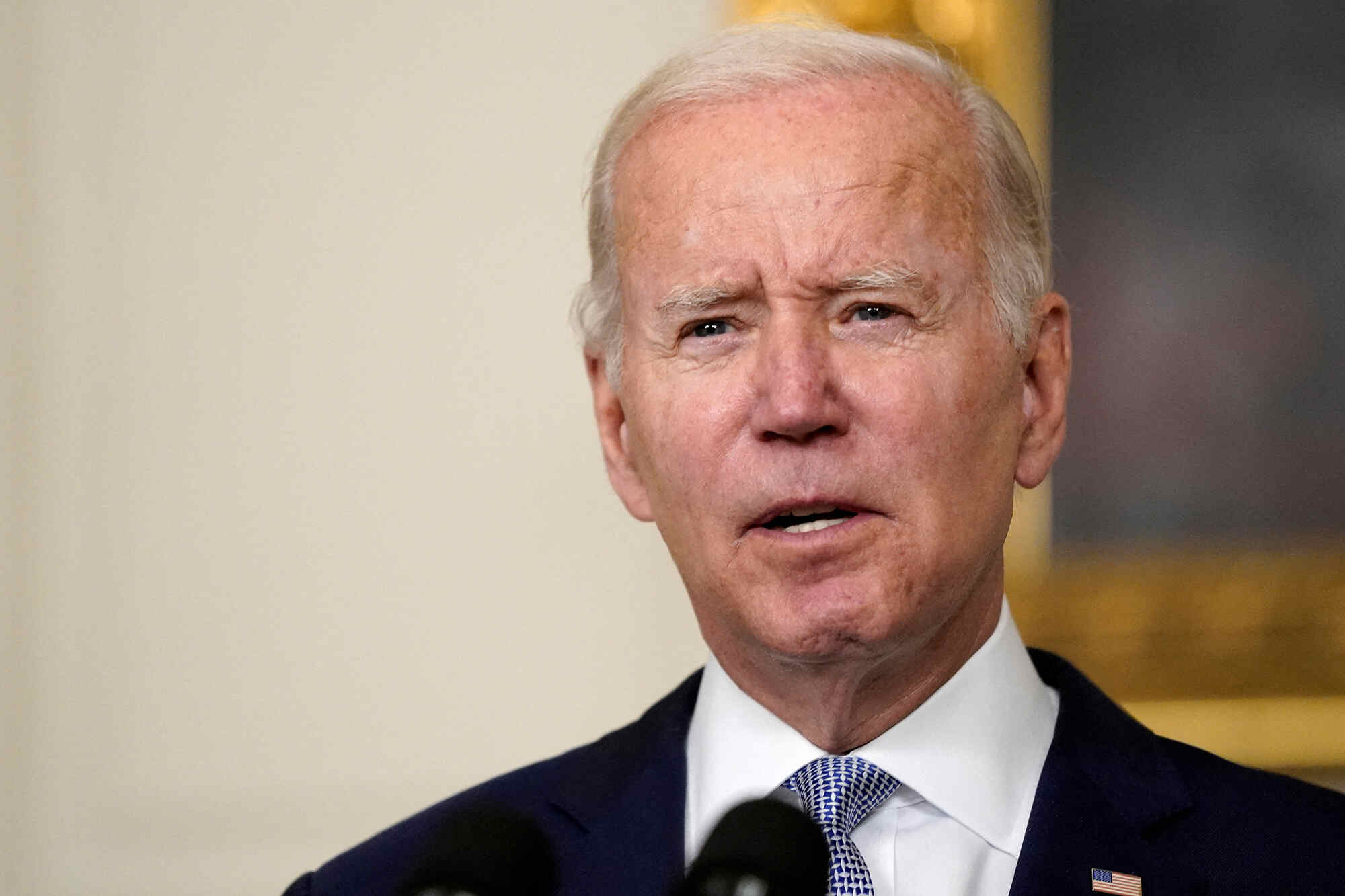A landmark legislation

The historic Inflation Reduction Act, passed by the US Senate on Sunday, is indeed a milestone when it comes to tackling climate change. After its passage in the House — which is a very likely prospect — the US talks of combating the climate crisis can be expected to take the form of concrete actions on the ground. Though the bill is a pared down version of what the US President Joe Biden had envisioned after being elected to the top office, it is still being seen as good enough to curtail America's emissions by 40 per cent at the end of the decade over the 2005 levels. Given how steeply the Democrats and the Republicans were divided on the legislation, loss of certain elements in political bargain was unavoidable. However, what matters the most is timing. The clock is ticking fast on the matters related to both climate change and health, and if a political deadlock is avoided, it is for the good. The approved economic package amounts to a total of USD 740 billion — covering predominantly health and climate change. In particular, climate provisions have been allotted USD 370 billion of the overall package. The primary aim of the legislation is to cut US emissions to half by 2030 — an ideal course suggested by climate experts towards keeping the global temperature rise under 2 degrees Celsius by the end of the century. In order to achieve this aim, the bill lays emphasis on gradually phasing out fossil fuels from the energy grid. It provides incentives for promoting solar, wind and other renewable forms of energy. It may be noted here that cost of certain non-renewable sources has dipped significantly in the US and, at some places, it is even cheaper than fossil fuels. In this context, it won't be wrong to say that the legislative push was long overdue, held back by a lacking political will and firm political opposition. Right from the beginning of his term, or even before that, Joe Biden has been explicit and firm in his commitment to combat climate change. His political will to control climate change was never doubted, and the IRA has further reinforced it. Climate change issue has been such a signature concern of Joe Biden that Republicans put their entire weight to counter the legislation. Credit must go to the seriousness shown by Democrats as they appeared in full numbers to tie the vote at 50-50, which would break in favour of Democrats with the vote of Vice President Kamala Harris going in favour. The approval of the Bill in the Senate might be an indication that environmental concerns are overcoming political barriers, and the trend may be expected to reverberate across the globe. In fact, the approval is seen as a masterstroke of the Biden administration ahead of Congressional polls. It is good to see that climate change is not just making it to the political discourse but is also dominating it. The world should learn fast from the US experience, and take similar concrete actions to move towards their emission targets. It is true that the IRA is not a sweeping solution for the mammoth climate change problem — in fact there can be no such solution. The IRA is being criticised by many. While the Republicans are slamming the massive spending, claiming that the move will exacerbate inflation woes and impact job creation, others are upset with the inclusion of oil and gas drilling leases in Alaska and the Gulf of Mexico and conditional allotment of federal land and water for fossil fuels. On the job creation front, an estimate by Energy Innovations has shown that the bill provisions will create 1.5 million jobs in new clean energy roles, rather than cutting them. Furthermore, apart from direct rebates of up to USD 7,500 on a new electric vehicle and USD 8,000 for modern electric heat pumps, the bill provisions will also allow significant indirect savings for consumers. As far as caveats in the bill are concerned, those were unavoidable. An important beginning is made, and improvements can be made with time.



